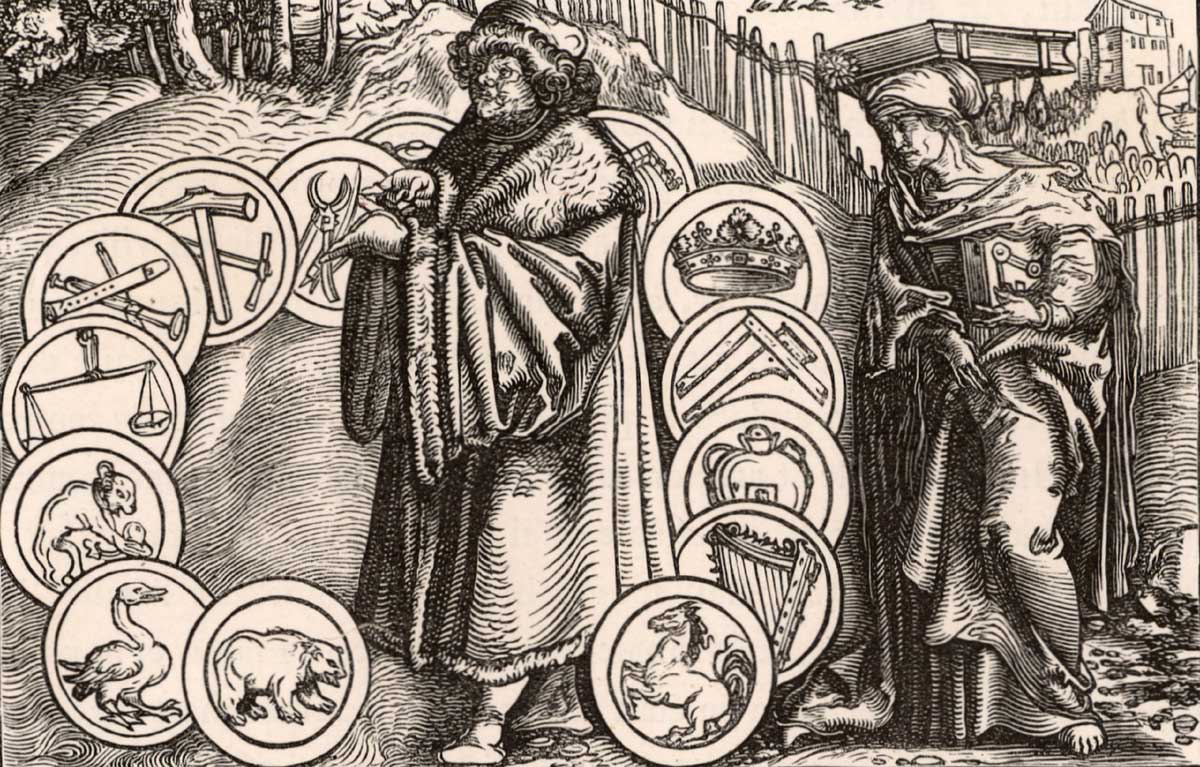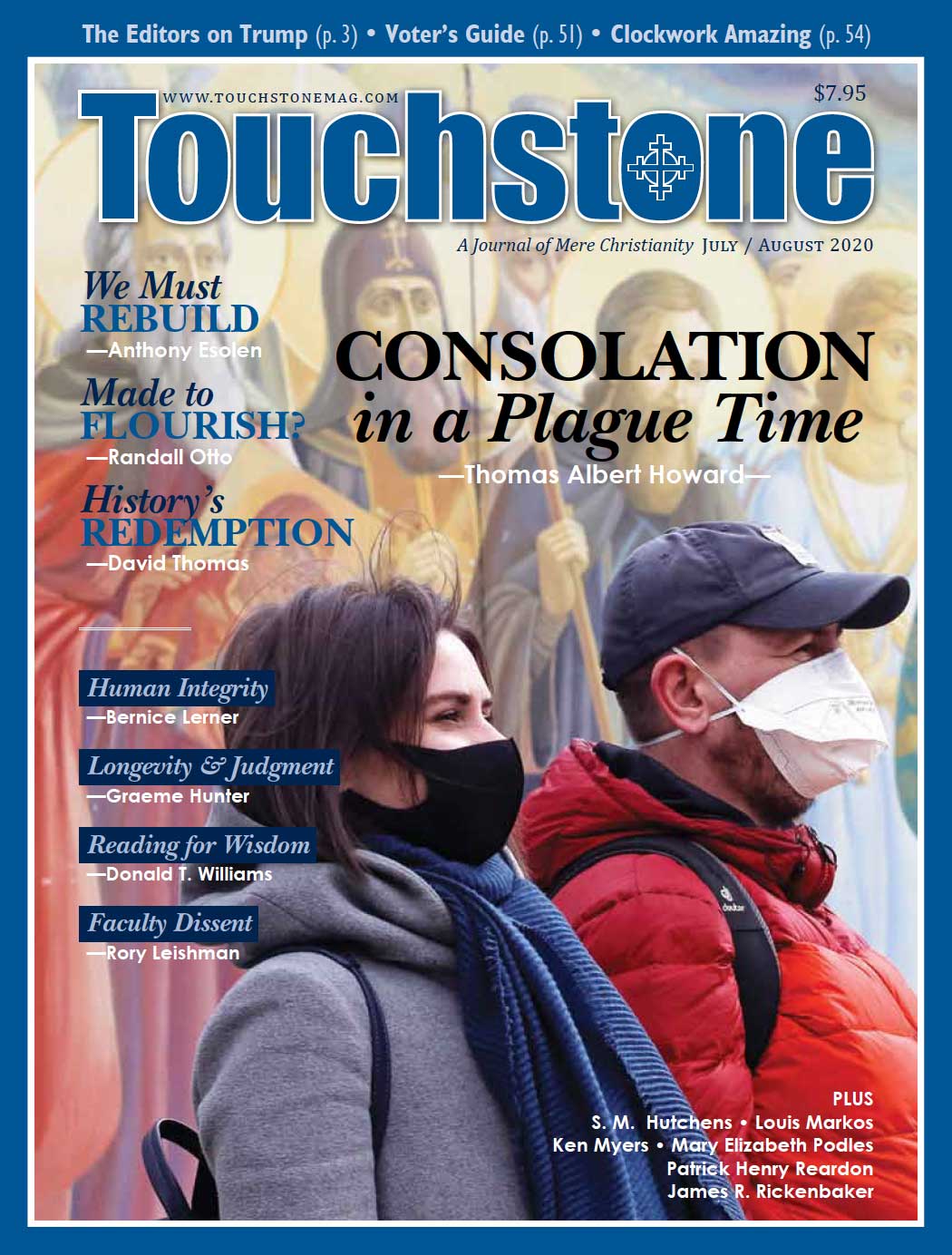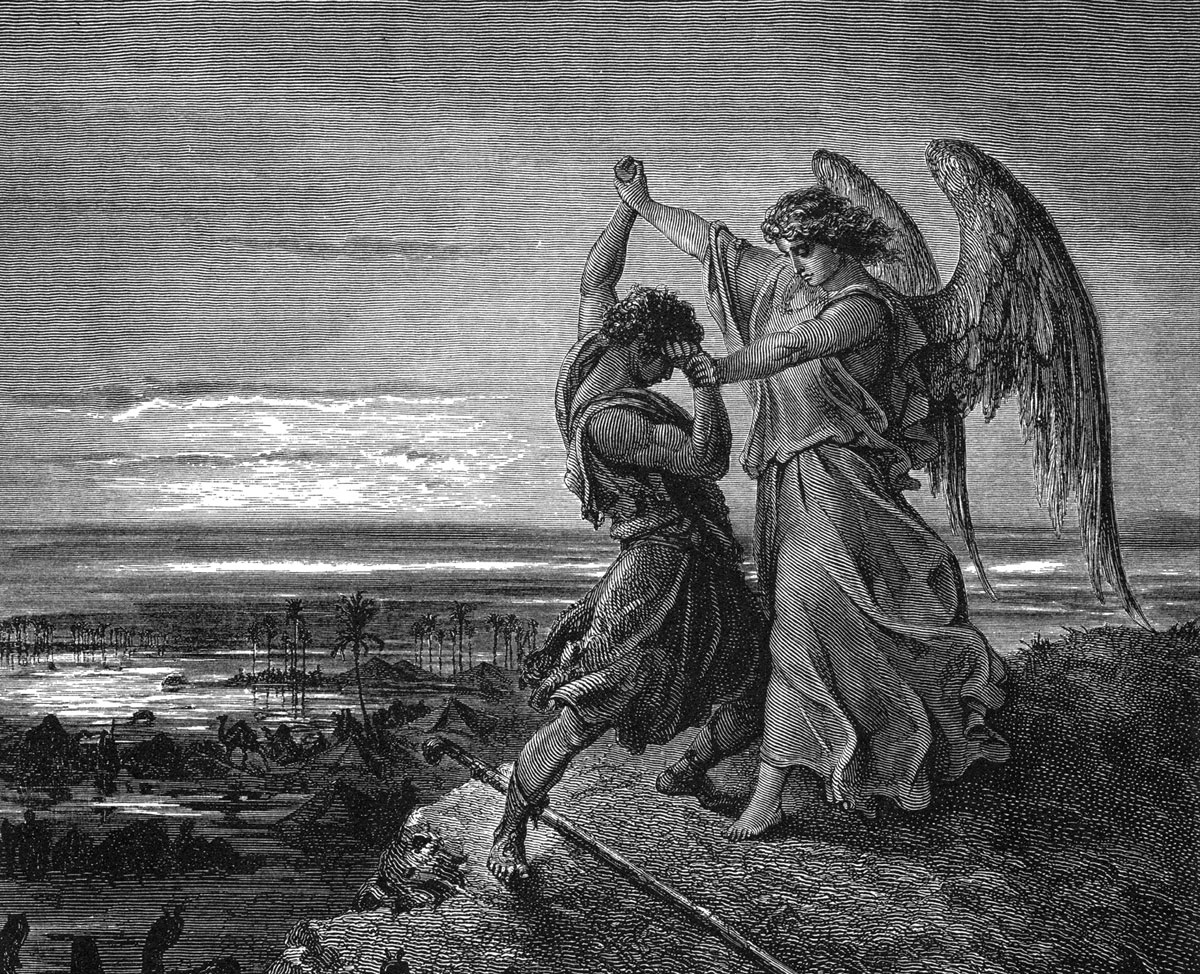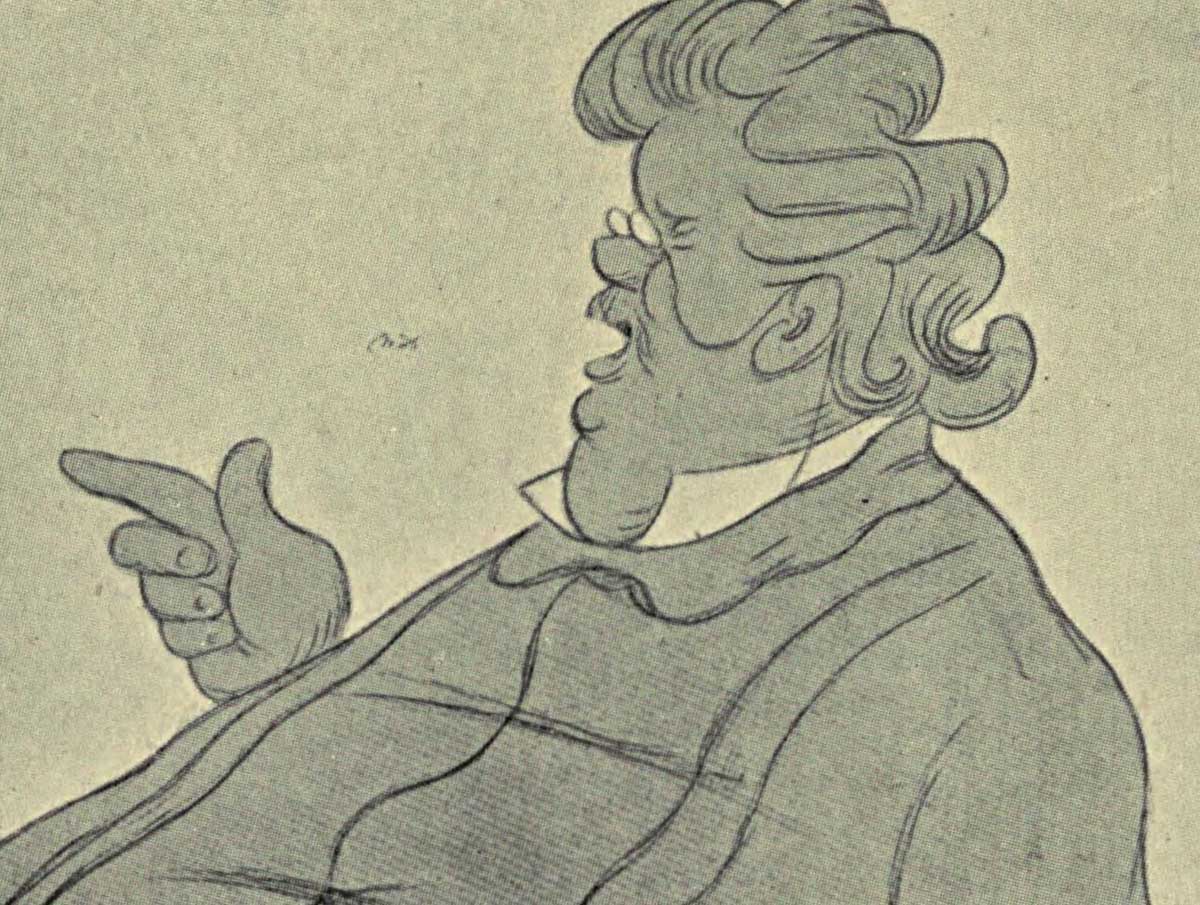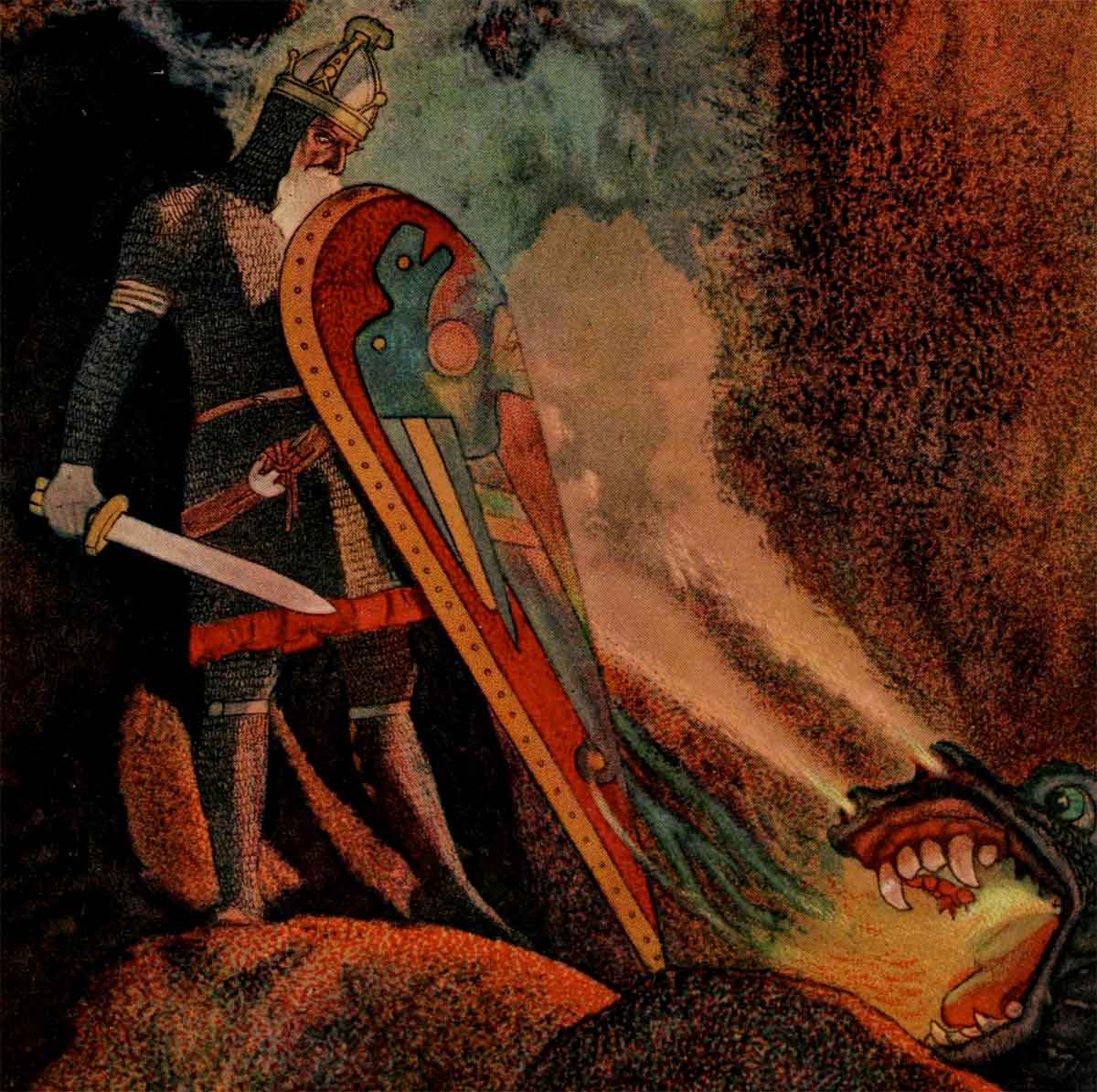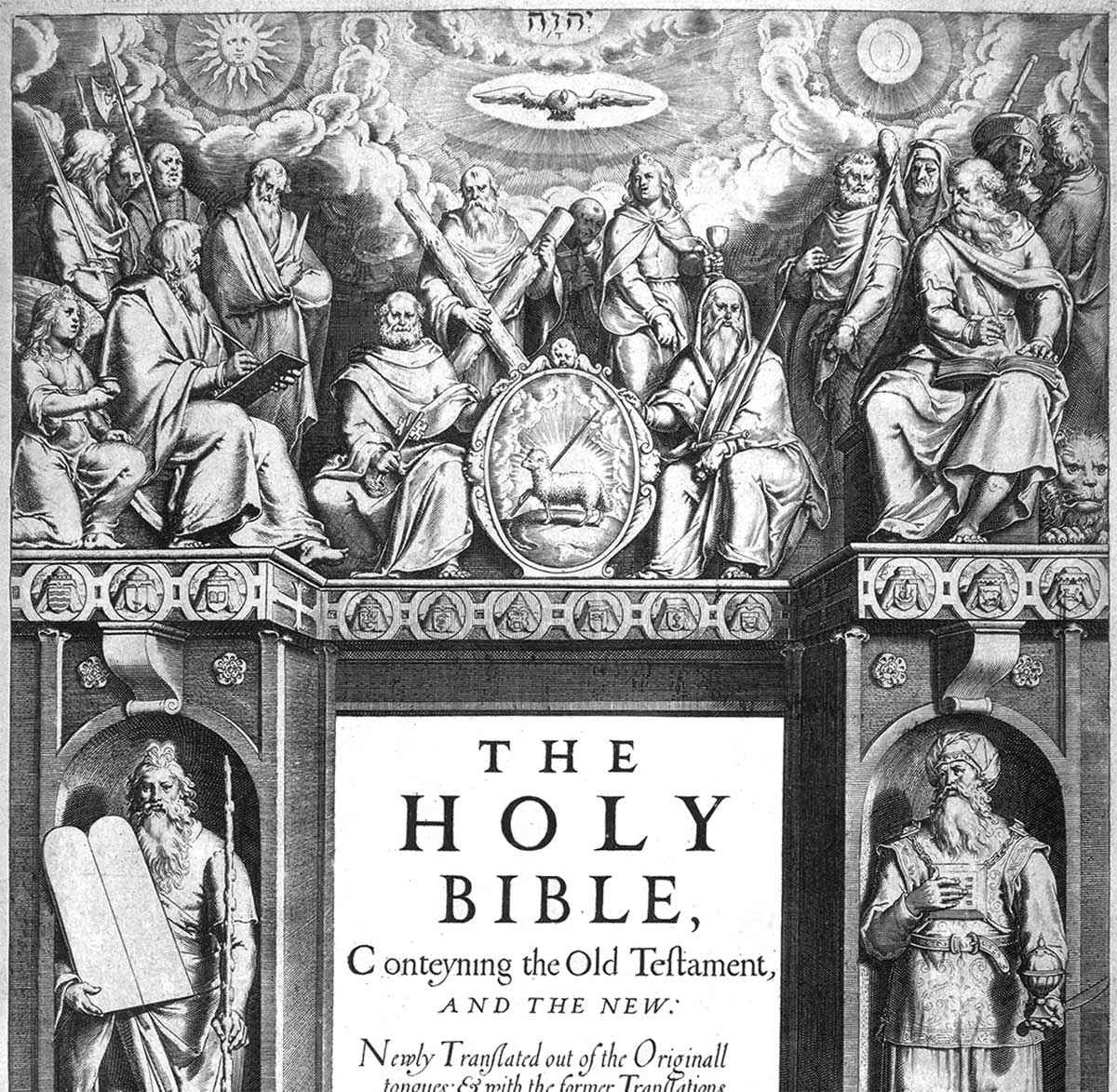View
Pondering Evil
Thomas Albert Howard on Boethius's Consolation in a Time of Plague
On April 10, the Wall Street Journal reported on the digging of mass graves on Hart Island, New York, for bodies of the truly down and out, many homeless, not claimed at the morgue. Victims of the coronavirus, these people surely did not anticipate dying alone, un-mourned for, by a disease possibly originating with bats in Wuhan, China. This and a steady cascade of other grim stories and statistics concentrate the mind on an age-old question: how can a good, loving God permit such misery?
Many have understandably turned to Scripture to make sense of our moment. Others have looked to literature: Camus's The Plague, say, or Boccaccio's Decameron, set during Europe's Black Death. For reasons not entirely clear to me, I found myself re-reading Boethius's The Consolation of Philosophy.
Written in prison before his execution in a.d. 534, the work is the last will and testament of Boethius, a Christian public servant who had risen in the court of King Theodoric, the Arian ruler of the Ostrogothic Kingdom of Italy between 493 and 526, before falling from grace, being implicated in a conspiracy against the king.
Although a Christian, Boethius turned to classical philosophy in his time of need to find inspiration and make sense of his cruel lot. Indeed, hardly an explicit reference to Christianity is found in the entire work. Posthumously, however, Boethius has been hallowed by a wide range of Christian thinkers as an exemplar of sound judgment. In his Paradiso, Dante places Boethius among the twelve luminous spirits in the realm of the Sun, calling him "that joy who strips the world's hypocrisies / bare to whoever heeds his cogent phrases." Thomas Aquinas, also resident in Dante's sun, leans on Boethius frequently in his Summa Theologiae and in other works. Throughout the Middle Ages, along with Pope John I (d. 523), Boethius was sometimes recognized as an orthodox martyr slain by a heretical (Arian) despot—and Christianized commentaries on his work circulated widely. But, again, hardly a trickle of explicit Christianity appears in the actual book.
So, what gives?
Three Crucial Services
In The Discarded Image, C. S. Lewis helps when he envisions Boethius, charged with paganism, responding, "Did you not read my title? I wrote philosophically, not religiously, because I had chosen the consolations of philosophy, not those of religion, as my subject. You might as well ask why a book on arithmetic does not use geometrical methods." While this might not placate all critics, it moves the conversation in a productive direction. Additional help comes when we remember that many Church Fathers regarded Hebraic wisdom (chokma; Greek: sophia)—perhaps not altogether dissimilar from Boethius's philosophia—as a prefiguration of the eternal Logos. Chokma is even personified in Proverbs 8 as philosophia is in Boethius.
Doubtlessly with Plato in mind, Boethius wrote in dialogue form: a series of conversations between the condemned prisoner (him) and his nurse, "Philosophy," who restores his mind to health even if his body remains in imminent peril. Philosophy, I would hazard, provides three crucial services that—though certainly falling short of asking Boethius to drop to his knees and call upon Jesus' name—remain indispensable for an honest intellectual life open to the possibility of Christian affirmation.
First, Philosophy reminds Boethius that human experience, viewed in strictly immanent terms, is always marked by caprice, loss, and misery. The Wheel of Fortune—a key trope in the book—delights in luring mortals into a false sense of well-being, only to turn on a denarius and deliver them to despair. Philosophy describes this wheel as a "monster," a "random goddess"—only fools seek true happiness from her. "With domineering hand she moves the turning wheel . . . / No cries of misery she hears, no tears she heeds / But steely hearted laughs at groans her deeds have wrung." Who would entrust his life to such a remorseless force, Philosophy persists, before instructing Boethius on the insufficiency of wealth, ambition, fame, and high office to assuage the restless heart. "The depths of time . . . makes all things obscure," she says with respect to the pursuit of fame; pathos marks those chasing it, for "the infinite recesses of eternity" prevent "any continuation of your name." And even those who manage to achieve momentary worldly happiness, Philosophy reminds him, are soon met by death, which "abases all alike."
Second, and in a point especially applicable to our virus-ridden moment, Philosophy suggests to Boethius that misfortune can have a salutary effect insofar as it reminds us of the true nature of things and prompts us to seek more enduring forms of joy. "Bad fortune," says Philosophy, "is more use to a man than good fortune. Good fortune always seems to bring happiness, but deceives you with smiles, whereas bad fortune is always truthful because by change she shows her true fickleness." The path toward our "true good" is obscured by good fortune, she continues, "but adverse fortune frequently draws men back to their true good like a shepherdess with her crook." Hardship is often the mother of honest self-examination and possibly correction. It also helps us distinguish between true and false friends.
Third, while Philosophy does not resolve the difficult question of theodicy, she does suggest to Boethius, "who has long been bowed down by the weight of this question," helpful ways of thinking about it. Reminiscent of Augustine's Confessions, The Consolation of Philosophy seeks to uphold God's ultimate providence over the world and the necessity of human free will. Evil results from the misuse of our will and is not attributable to God. Evil is not an "infliction," Philosophy states, but an "infection" brought on by our disordered aims: "When a man abandons goodness and ceases to be human, being unable to rise to a divine condition, he sinks to the level of being an animal." And thus anarchy is loosed upon the world.
Our Limited Understanding
To be sure, this answer will not please everyone. Personally, I find it helpful in explaining human-induced evil or what philosophers call moral evil: wars, murder, genocide, and myriad other instances of cruelty. It makes sense to designate these as "infections" wrought by the misuse of volition: human perpetrators acting upon human victims.
But the question of an actual, bodily infection, such as Covid-19, poses thornier questions. Philosophers are more likely to categorize this not as moral evil but as natural evil. The problem of natural evil involves pain and suffering from natural disasters, diseases, genetic defects, and the like, all of which do not have a clear human cause. Should God be in the dock for these? Do victims of Covid-19 justly protest?
Here, with echoes of Job, Philosophy counsels Boethius to recognize our finitude. We do not sit in the eternal "watch-tower of Providence," but occupy "narrow limits . . . imprisoned by time." Our knowledge of the whole shebang is also constrained by the limits of our understanding. Offering Boethius a crash-course in epistemology, Philosophy instructs him that "everything that is known is comprehended not according to its own nature, but according to the ability to know of those who do the knowing." The implication is clear: the human ability to make sense of natural evil, and so much else, is sorely limited. Appearances might well deceive.
In the final analysis, Philosophy counsels patience, hope, and prayer: "Hope is not placed in God in vain and prayers are not made in vain. . . . Lift up your mind to the right kind of hope."
Prayer & Protest
For my part, I am inclined to think that "the right kind of hope" should not paper over difficult questions too glibly or piously, but that it can and should include honest lamentations, protests, and cries from the heart—to friends, family, and yes, to God—about the seeming inadmissibility of natural evil in the presence of an all-perfect, all-knowing, loving God. We have examples of such lament in the Psalms:
Why, O Lord, do you stand far away?
Why do you hide yourself in times of trouble? (Ps. 10:1)How long, O Lord? Wilt thou forget me forever?
How long wilt thou hide thy face from me?How long must I bear pain in my soul,
and have sorrow in my heart all the day?How long shall my enemy be exalted over me? (Ps. 13:1–2)
And, of course, even Christ on the Cross reaches back to the Psalms in his agony: "My God, my God why have you forsaken me?" (Ps. 22:1). In essence, then, hope, prayer, patience, and honest protest appear to be the key pieces in our arsenal against the present Covid-19 tragedy—the metaphysical scope of which should be neither maximized to the point of despair beyond remedy nor minimized as if it's no big deal—as if it doesn't provoke gut-wrenching questions of theodicy. We can recognize that it certainly does, even as a healthy dose of Boethian sobriety might save us from lachrymose grandstanding before the Great I-Am.
In all of this, Boethius's Christian faith remains more implicit than explicit. There is much God-talk in the work, but no direct mention of Christ—acknowledgement of God as Creator, but not as Savior. At the same time, what Boethius says is not only not inconsistent with Christianity, but of a piece with how a person of faith ought to size up the evils and injustices of this world. And for all we know, Boethius was planning a sequel—The Consolation of Theology—in which, I conjecture, divine grace arrives as a profound, even flabbergasting, completion of what philosophy sorely lacks, but not as philosophy's cancellation. But even as things actually stand, when one reaches the upper floor in Boethius's philosophy, a door leading still higher remains invitingly unlocked.
I would like to think, therefore, that Dante is right and that one day—from some now-unfathomable expansive view of the whole beautiful, miserable human story—we will rejoice alongside Boethius, proclaiming together, as the Book of Common Prayer has it, "God, who wonderfully created, and yet more wonderfully restored, the dignity of human nature . . . grant that we may share the divine life of him who humbled himself to share our humanity."
Thomas Albert Howard is Professor of Humanities and holder of the Phyllis and Richard Duesenberg Chair in Christian Ethics at Valparaiso University.
subscription options
Order
Print/Online Subscription

Get six issues (one year) of Touchstone PLUS full online access including pdf downloads for only $39.95. That's only $3.34 per month!
Order
Online Only
Subscription

Get a one-year full-access subscription to the Touchstone online archives for only $19.95. That's only $1.66 per month!
bulk subscriptions
Order Touchstone subscriptions in bulk and save $10 per sub! Each subscription includes 6 issues of Touchstone plus full online access to touchstonemag.com—including archives, videos, and pdf downloads of recent issues for only $29.95 each! Great for churches or study groups.
Transactions will be processed on a secure server.
more on philosophy from the online archives
more from the online archives
calling all readers
Please Donate
"There are magazines worth reading but few worth saving . . . Touchstone is just such a magazine."
—Alice von Hildebrand
"Here we do not concede one square millimeter of territory to falsehood, folly, contemporary sentimentality, or fashion. We speak the truth, and let God be our judge. . . . Touchstone is the one committedly Christian conservative journal."
—Anthony Esolen, Touchstone senior editor





